Filter by
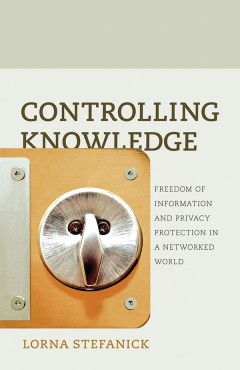
Controlling knowledge : freedom of information and privacy protection in a ne…
Digital communications technology has immeasurably enhanced our capacity to store, retrieve, and exchange information. But who controls our access to information, and who decides what others have a right to know about us? In Controlling Knowledge, author Lorna Stefanick offers a thought-provoking and user-friendly overview of the regulatory regime that currently governs freedom of information a…
- Edition
- -
- ISBN/ISSN
- 9781926836614
- Collation
- xi, 251p. : ill.
- Series Title
- -
- Call Number
- 342.0853 STE c
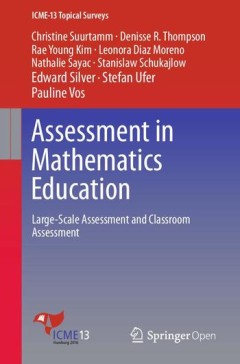
Assessment in mathematics education : large-scale assessment and classroom as…
This book provides an overview of current research on a variety of topics related to both large-scale and classroom assessment. First, the purposes, traditions and principles of assessment are considered, with particular attention to those common to all levels of assessment and those more connected with either classroom or large-scale assessment. Assessment design based on sound assessment prin…
- Edition
- -
- ISBN/ISSN
- 9783319323947
- Collation
- ix, 38p. : ill.
- Series Title
- -
- Call Number
- 510.71 ASS a
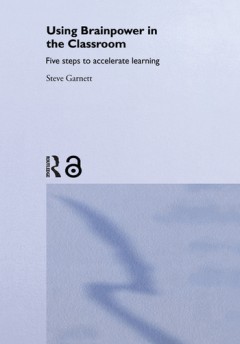
Using brainpower in the classroom : five steps to accelerate learning
This book offers a realistic, practical and accessible model to allow teachers to incorporate the best of recent brain-based research into their teaching. The five steps involve: making learning multi-sensory ensuring activities match the dominant intelligence of the learner matching types of learning to the gender of pupils using the lesson structure to fit the natural attention span of the br…
- Edition
- -
- ISBN/ISSN
- 9781134288601
- Collation
- vi, 164p. : ill.
- Series Title
- -
- Call Number
- 371.102 GAR u
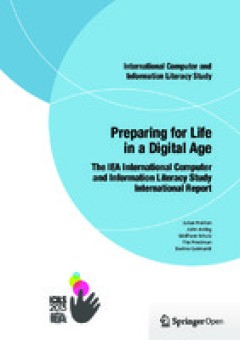
Preparing for life in a digital age : The IEA international computer and info…
Ability to use information and communication technologies (ICT) is an imperative for effective participation in today’s digital age. Schools worldwide are responding to the need to provide young people with that ability. But how effective are they in this regard? The IEA International Computer and Information Literacy Study (ICILS) responded to this question by studying the extent to which yo…
- Edition
- -
- ISBN/ISSN
- 9783319142227
- Collation
- 305p. : ill.
- Series Title
- -
- Call Number
- 371.334 PRE p
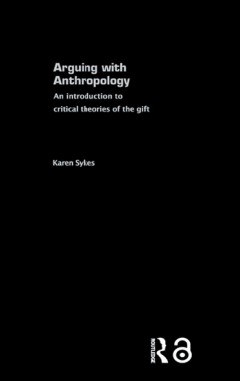
Arguing with anthropology : an introduction to critical theories of the gift
Arguing with Anthropology is a fresh and wholly original guide to key elements in anthropology, which teaches the ability to think, write and argue critically. Using the classic 'question of the gift' as a master-issue for discussion, and drawing on a rich variety of Pacific and global ethnography, it provides a unique course in methods, aims, knowledge, and understanding. The book's highly ori…
- Edition
- -
- ISBN/ISSN
- 9781134523450
- Collation
- x, 244p. : ill.
- Series Title
- -
- Call Number
- 394 SYK a
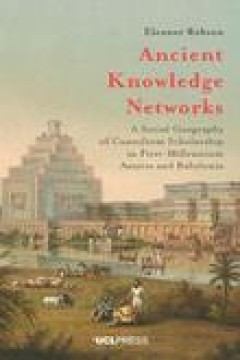
Ancient knowledge networks : a social geography of cuneiform scholarship in f…
Ancient Knowledge Networks is a book about how knowledge travels, in minds and bodies as well as in writings. It explores the forms knowledge takes and the meanings it accrues, and how these meanings are shaped by the peoples who use it. Addressing the relationships between political power, family ties, religious commitments and literate scholarship in the ancient Middle East of the first m…
- Edition
- -
- ISBN/ISSN
- 9781787355941
- Collation
- XXIII, 314 p.
- Series Title
- -
- Call Number
- 935 ROB a
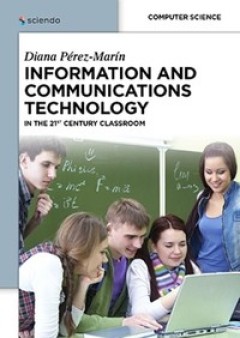
Information and communications technology : in the 21st century classroom
Are you a student who wants to become an effective teacher in the 21st century? Maybe you are a teacher already? Would you like to learn how to take advantage of educational technologies in order to achieve your pedagogic goals? Nowadays, technology is all around us, but how do we, as teachers, make the best use of it?Technology has entered the classroom and most teachers are not trained in usi…
- Edition
- -
- ISBN/ISSN
- 9783110401455
- Collation
- viii, 195p. : ill.
- Series Title
- -
- Call Number
- 371.33 MRE i
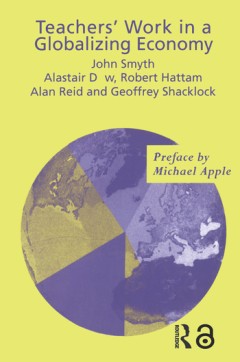
Teacher's work in a globalizing economy
Extended critical case studies provide a tangible working expression of the labour process of teaching, showing how teachers are simultaneously experiencing significant changes to their work, as well as responding in ways that actively shape these processes. For teachers and researchers, this book shows what processes are at work in the global economy which impact on, and sometimes control, the…
- Edition
- -
- ISBN/ISSN
- 9781135700256
- Collation
- xvi, 222p. : ill.
- Series Title
- -
- Call Number
- 371.1 SMY t
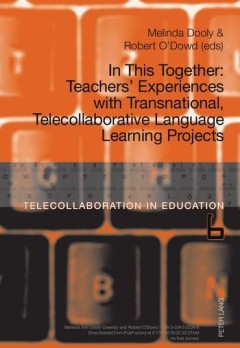
In this together : teachers' experiences with transnational, telecollaborativ…
This book provides a nexus between research and practice through teachers’ narratives of their experiences with telecollaboration. The book begins with a chapter outlining the pedagogical and theoretical underpinnings of telecollaboration (also known as Virtual Exchange), followed by eight chapters that explain telecollaborative project design, materials and activities as well as frank discus…
- Edition
- -
- ISBN/ISSN
- 9783034335010
- Collation
- 230p. : ill.
- Series Title
- -
- Call Number
- 418.00785678 IN i
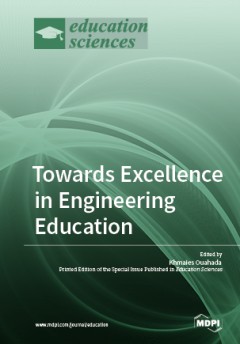
Towards excellence in engineering education
Acquiring knowledge is a life-long process; we constantly need to keep abreast of developments and progress in science and other disciplines. Embracing a scholarship of teaching and learning (SoTL) means practicing constant self-reflection, involving evaluation of the academic career and the ways in which strategies are designed to examine, interpret, and share learning about teaching. This pra…
- Edition
- -
- ISBN/ISSN
- 9783039212521
- Collation
- IX, 162 p.
- Series Title
- -
- Call Number
- 620.005 TOW t
 Computer Science, Information & General Works
Computer Science, Information & General Works  Philosophy & Psychology
Philosophy & Psychology  Religion
Religion  Social Sciences
Social Sciences  Language
Language  Pure Science
Pure Science  Applied Sciences
Applied Sciences  Art & Recreation
Art & Recreation  Literature
Literature  History & Geography
History & Geography